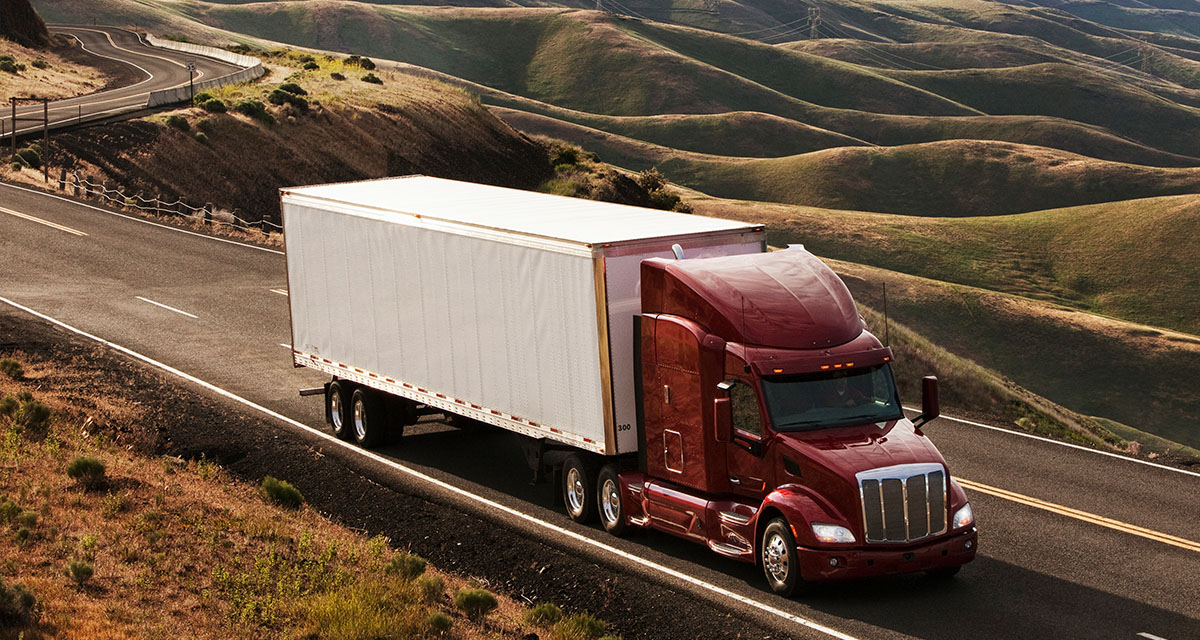Transportation
We can move any types of merchandise. Call us to discuss your transportation needs across the country.
Read moreOwner Operators
We are always looking for owner-operators to join our team. If you own a truck we would love to hear from you.
Read moreCareers
Alliance Trucking Services is a growing business, and we are always looking to hire experienced team members.
Read moreCompetitive Prices
We offer some of the most competitive prices in the transportation industry and our drivers are always happy.
Read moreExperience
We want to keep you coming back, and that is why we insist on going above and beyond on every job that we do.
Read moreDry Van
When most people picture a semi-truck, they picture a truck pulling a dry van trailer. It’s understandable that this is the first thing to come to mind because the Federal Department of Transportation has reported that over 15 million dry van trailers are registered in the United States.
A dry van trailer looks like a long aluminum rectangle. There are two large doors at the end of the trailer for loading and unloading. The sides of the trailer do not have any special features. The most common dry van trailer is 53 feet in length.
These trailers are called “Dry Vans” because they protect your merchandise from weather conditions while moving. Unlike other types of trailers where weather conditions or road debris has the potential to reach the merchandise, these trailers keep everything protected.
Common Loads For Dry Vans
One of the main reasons that dry vans are commonly used is because they can accommodate different types of freight. Freight size is only limited to the dimensions of the trailer. Most of the freight moved in a dry van has been palletized.
Shipments do have weight restrictions. Federal and state laws prohibit semi-trucks from weighing more than 80,000 pounds when fully loaded. This includes the weight of the truck and trailer as well as the freight. Shipments in excess of this weight can only travel by special permit on designated roads.
The most common items shipped in a dry van include:
• Grocery items – non-perishable goods, household products and paper products
• Mass merchandise – non-perishable goods to various retailers
• Small equipment that cannot be moved on personal trailers
• Vehicles that need additional protections from weather and road debris
• Furniture to retail centers or as moving trucks
• High-value loads that need extra security
• Multiple stop loads
Dry vans do not have any temperature controls. If you have merchandise that must be shipped in a controlled temperature, you will need to ship it in a reefer trailer. Reefer trailers look like dry van trailers, but they have been equipped with refrigeration units to keep the loads at a constant designated temperature.
Save Money With Dry Van Multi-Stop Loads
If you do not have a full load to ship, you can take advantage of multi-stop loads offered at Alliance Trucking. We will load your merchandise in a dry van in the order that it will be delivered with other shipments going to that same area.
When you combine your shipments with other freight deliveries, you are saving money for your company. You should not have to pay for a full truck if you only have a partial shipment.
Multi-stop shipping is also great if you Alliance Trucking will make multiple stops to deliver your merchandise.
Are You Ready To Ship Your Next Load?
If you are looking for a company to move your freight, call Alliance Trucking. We can move any freight anywhere in the country. We operate a large fleet of dry vans so your shipments never have to wait. Speak with one of our customer service reps today to discover how easy and affordable it is to ship with Alliance Trucking.

